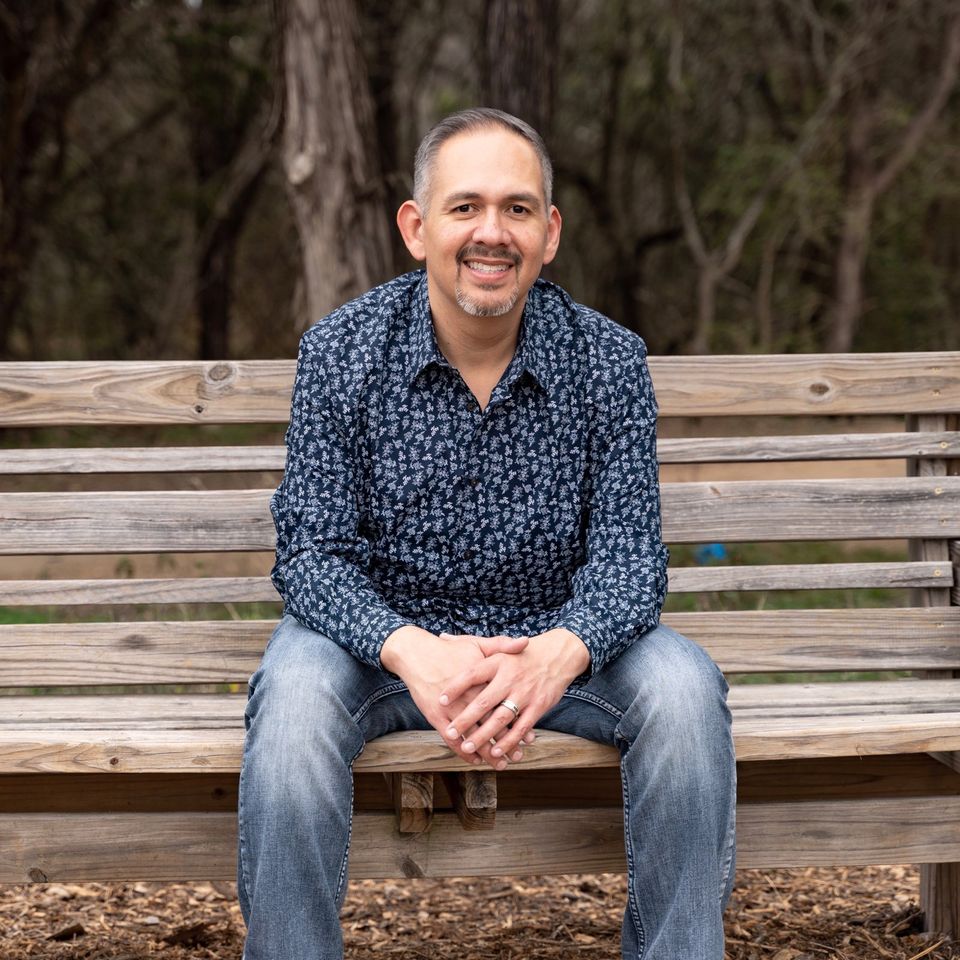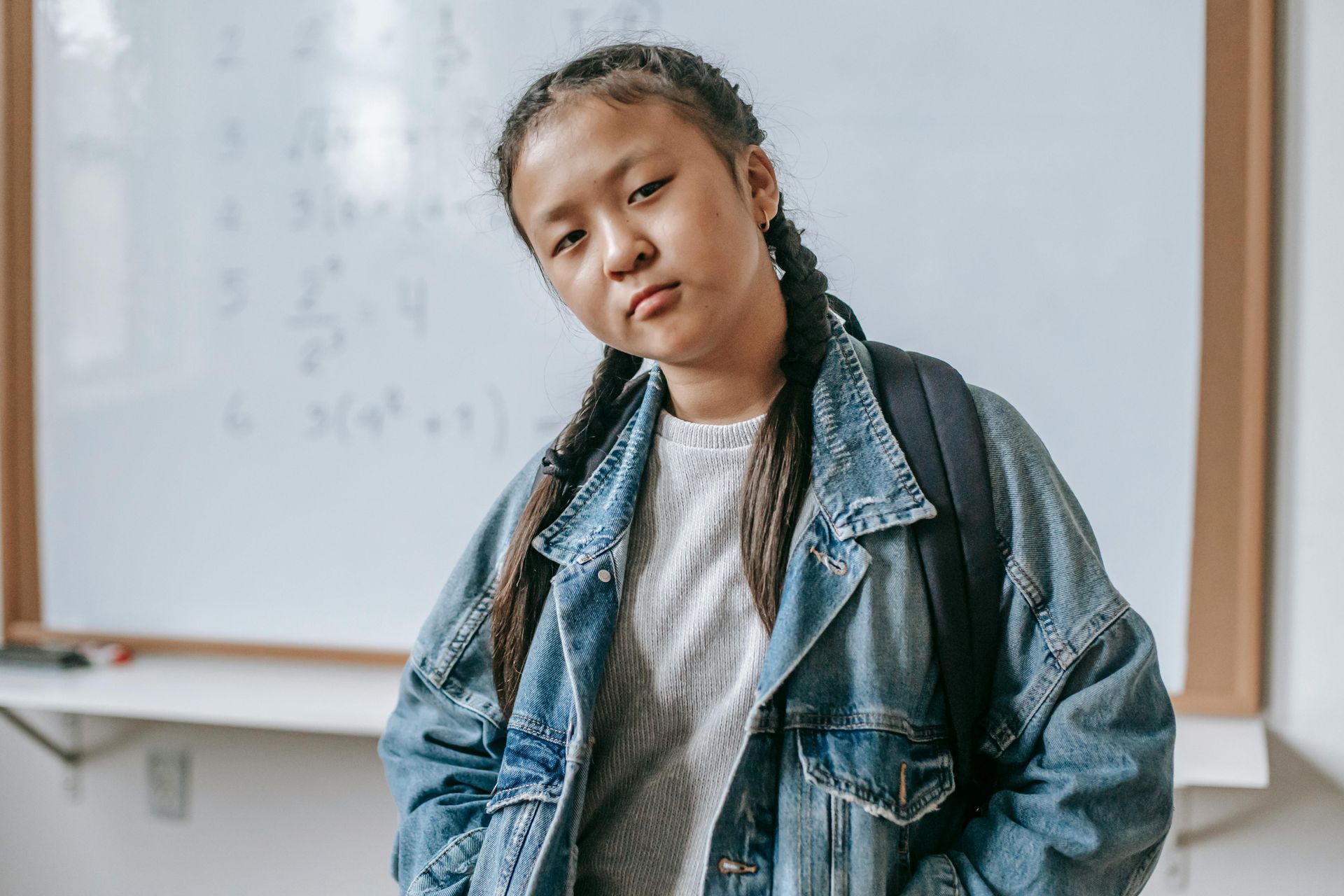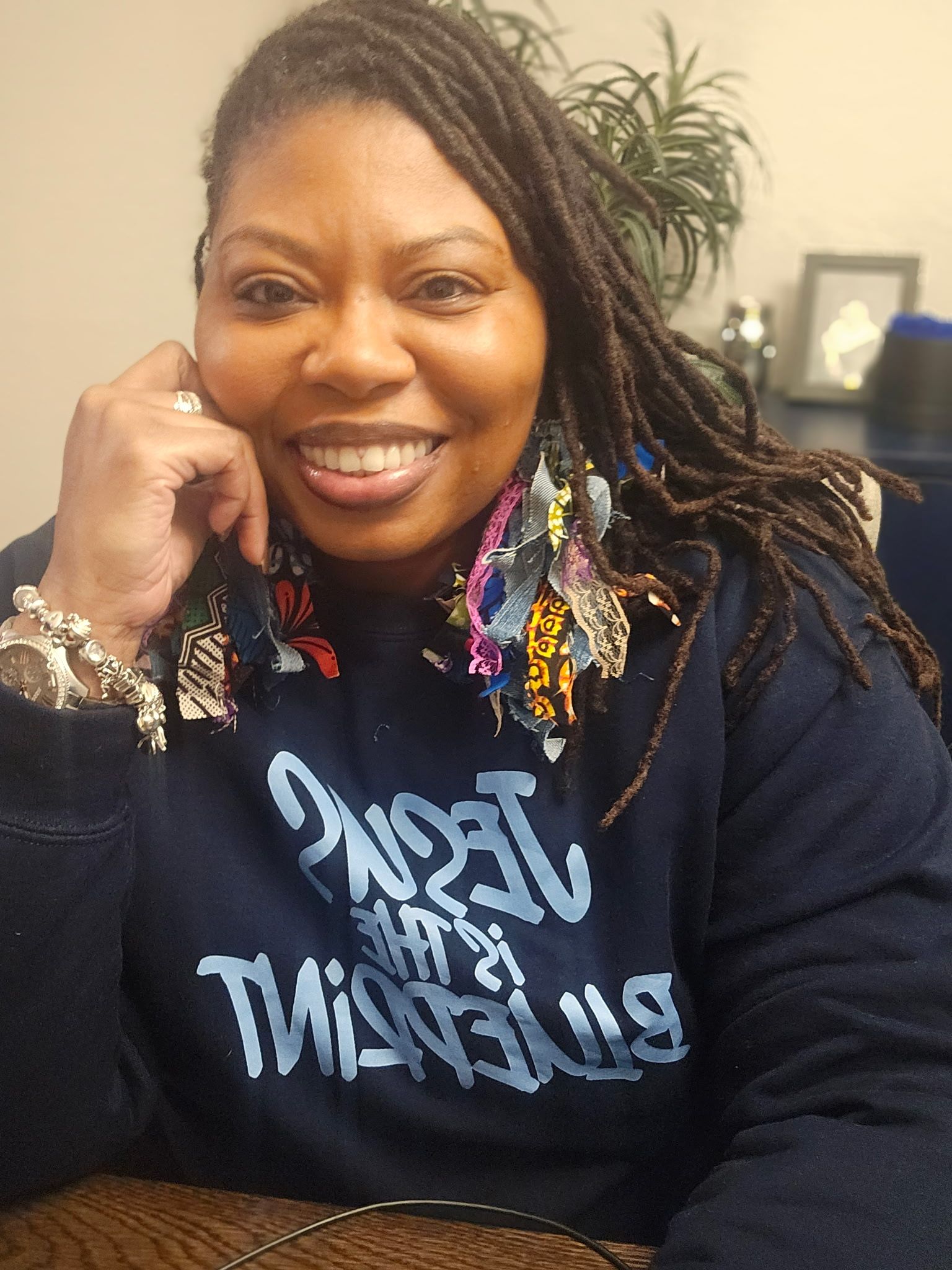Advocate Spotlight: Juan Villareal
November Advocate Spotlight

1. How long have you been an advocate? When did you realize you wanted to become one?
I was sworn in as an advocate on Jan 24, 2020. When I learned about CASA, I didn’t realize how much impact I would play in a child's life or how engaged I would be working with the legal team. I realized I truly wanted to commit around the second week of training. Shortly after signing onto my first case, I knew I made a great decision to advocate for foster kids after seeing the smiles on the kids when all needs were met by placement, visits held with mother, and observing CPS and CASA's direct impacts. I had no reservations about signing on my next two cases.
2. What is the most rewarding aspect of being an Advocate?
The most rewarding part of advocating is the journey of viewing these families strive for reunification. They each have different stories and struggles but desire the same ending. It has been my pleasure to serve on 3 open TMC cases and witness the teaming approach to meet the children's and parents' needs by all stakeholders involved. Through my diligence, I have been able to find a missing father from out of state and get him in touch with his legal caseworker and attorney. I have been able to advocate for in-home community resources to help build a support network while youth transition back home.
3. If you could offer some words of encouragement to your fellow and incoming Advocates, what would it be?
For new and fellow CASA advocates, I would like to mention I’ve enjoyed interacting with everyone in my cases (children, parents, CPS, Attorneys, Placements, etc.). I wasn’t sure which age range of children I was going to be good with. I am assigned a newborn, toddler, and then teenagers. The baby is adorable and has grown so fast in the last 5 months. The 4 and 5 year olds are fun young boys and very interactive to play with. The teens have been respectful towards me and are making great progress in their placements and education. I was initially worried about being able to connect with any age of children and youth. In my experience, being authentic, open, honest, and patience has led to having a trusting relationship with all my kids despite some COVID-19 barriers. I feel accomplished by interacting with the full age range of amazing children in just under a year of service.

In December 2024, the Department requested TMC for a youth, Zoe, who was found to be homeless after both parents refused to accept parental responsibility. The mother had an extensive CPS history, and the alleged father had CPS history and a criminal history. While in care, life became challenging as Zoe made decisions that jeopardized placement; choosing to skip school, run away from placement, and get arrested for a misdemeanor charge. As a result of these behaviors, the Department placed Zoe in a facility out of state. In August 2025, Staff Advocate, Yvonne, accepted the Crossover Court Case involving Zoe. During the initial Zoom meeting between Yvonne and Zoe, the youth shared her love for sketching, singing, and making people smile. Zoe further shared her hopes and dreams with Yvonne; stating that if parental rights were terminated, she hopes to be adopted by a loving family and wants to pursue her dream of having a career in law enforcement. Recently, Yvonne had the opportunity to visit Zoe at her out-of-state placement, where their conversations were not limited by time on a video call. When Yvonne met Zoe in person, she shared that she couldn’t sleep the morning of Yvonne’s arrival because she feared that Yvonne would be another adult who did not show up for her. Yvonne was able to lay that worry to rest by simply keeping her word, a small act that means the world to the children CASA serves. During the visit, Zoe shared that she wanted to make her CASA proud by improving her school grades, staying out of trouble with peers at placement, and staying busy with extracurricular activities. Yvonne was happy to hear Zoe share her aspirations and encouraged Zoe to continue on this positive path. The conversations about Zoe’s day-to-day happenings in life led her to share the more traumatic events with Yvonne. Yvonne listened and provided a space for Zoe to share what she was comfortable with. Yvonne encouraged Zoe to continue processing her trauma and grief with her therapist and find peace, past the pain of being estranged from her family and individuals whom she trusted. Despite the setbacks Zoe has endured in efforts to restore family connections, Yvonne continues to show up and support Zoe in self-advocating for her educational and placement needs as she approaches adulthood. Zoe’s educational goal is to attend her senior prom and walk across the stage at a public high school to receive her diploma. Most importantly, Zoe hopes to be placed in a Texas foster home where she will be protected, loved, and trusted. Regardless of where life and the case takes Zoe, Yvonne will be there at every turn.







